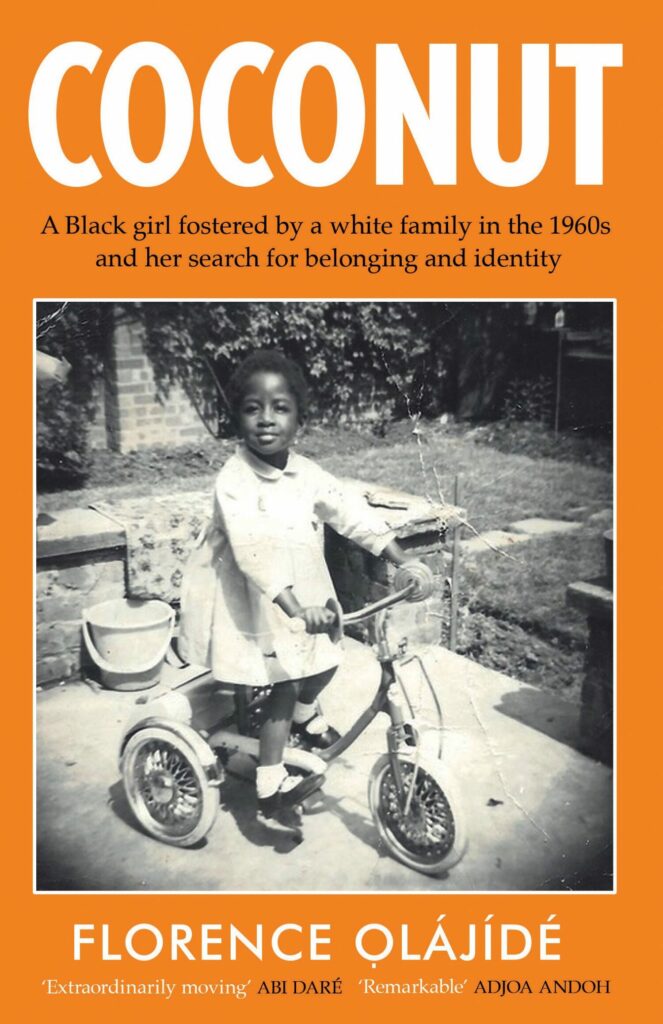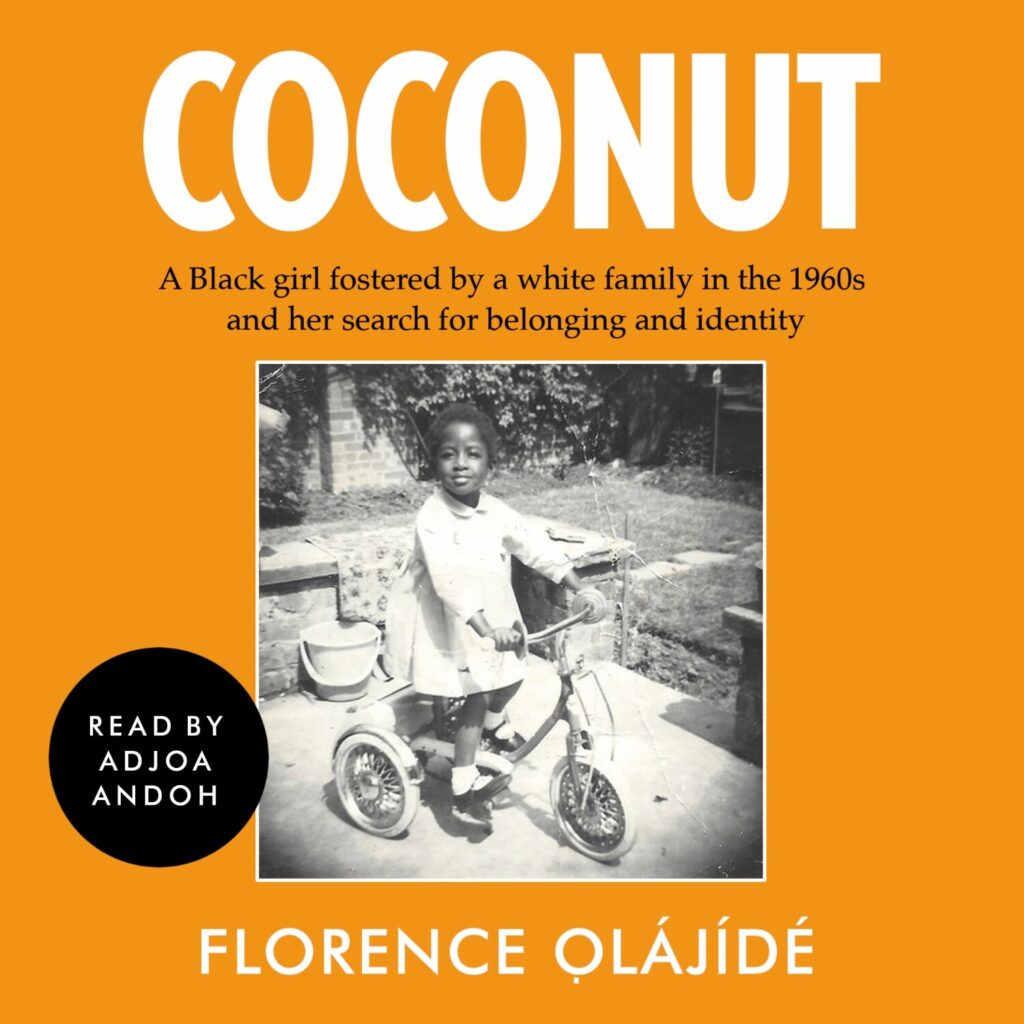Adventures on the Road
School holidays created an opportunity to travel to my dad’s home-town Ijebu-ode, the capital of Ijebu land, an area north east of Lagos. For families that couldn’t travel by car, there were two modes of transportation for long distance journeys. A type of bus famously called Molue, which were Mercedes Benz buses, was the more comfortable option. These yellow buses had huge roof racks on which luggage was stowed, usually trussed together with strong ropes. The bus conductors always crammed four or more passengers onto seats meant for three.
The other type of vehicle was called Bolekaja. This was a wooden contraption on wheels, aptly named because people were packed so tightly on the wooden benches, that if you fell out with a fellow passenger, you had to get off to be able to have a proper fight. This was the literal translation of Bolekaja – get off so we can fight. Bolekajas were horrid. At least the Molues had seat backs, the seats were cushioned and there was an aisle between the two columns of seats to ease movement. The Bolekajas had wooden benches that had no backs. As such, passengers sat, back-to-back, leaning on each other’s backs for support. The aisles were blocked with extra removable stools to carry more people. Once ensconced, you didn’t get up till you got to the next destination en route.
My first road trip to Ijebu-ode was an adventure in itself. Mum had spent the entire day packing everything we needed into large suitcases and brown boxes. At bedtime, buzzing with barely contained excitement, I laid out the outfit and shoes I was going to wear in the morning. I knew we had to wake before the crack of dawn to catch our bus and I couldn’t wait for morning to come. I don’t know how long I was asleep for, but I was the first to wake. Quickly, I scrambled off the mat waking some of the children as I got up. Mama stirred at the noise then got up. I slipped out of our room and knocked on Mum and Dad’s bedroom door. ‘Who is that?’ Dad muttered sleepily. ‘It’s morning,’ I whispered, ‘Mama and everybody else is getting ready.’ The bed creaked as Dad got up, quickly followed by Mum.
Mum and Mama, took over directing the family as people washed, dressed and got breakfast. ‘The bus will be here soon,’ Dad said, as we heaved the boxes nearer to the front entrance. By courtesy of our landlord, a transport mogul whose Molues plied the route to Ijebu, the bus was going to pick us up from our own doorstep. Dad opened the front door and noticed that it was eerily quiet outside. Nothing stirred, no buses passed on the road and no people scuttled by. ‘What time is it?’ he queried, glancing at his left wrist. His quiet gasp of dismay caught our attention. ‘It’s just four in the morning. The bus isn’t leaving for another two hours!’ Dad announced. In the ensuing whir and frenzy after I woke the family, no one had thought to check the time. With a collective groan everyone turned and pointed at me. I froze, in trouble already, and the day had hardly begun.
Fortunately, the adults saw the funny side and burst into laughter, and I released the breath trapped in my throat. Out came the sleeping mats so the younger children could go back to bed for a little while longer. The adults gathered into a circle and began to reminisce about previous journeys to Ijebu. As we all settled down to wait out the next two hours, time seemed to slow to a crawl. Expectantly, I watched as Dad checked his watch periodically. Suddenly we heard a loud honk outside the front door. The bus was here. Once again, the children were woken, and the mats quickly rolled away. Our luggage was secured to the roof of the bus and one by one we all climbed aboard.
Mum took over, directing people to their seats. On bus trips, children rarely had their own seat and were ‘lapped’ which meant sitting on someone’s lap. This allowed parents to pay a lower fare for each child while the bus conductors could cram more people into the buses. Mum directed the older children to lap each other, reserving the younger children for the adults. To my consternation, I found out I had to carry my cousin Sola who had lived with us since our return to Nigeria on my lap. If you were the one sitting on someone’s lap, that was just about okay. The other way round made for a miserable ride.
From our house the bus headed to the local bus depot where it picked up the rest of the passengers. Once it was full, we were on our way. So Sola could plant herself in the centre of my lap, my legs needed to dangle over the edge of the seat. But doing that meant I couldn’t lean against the backrest, as the seat depth was longer than my bottom and thighs. The journey had barely begun, when the uncomfortable tingling travelling from my toes to my hip signalled my legs were going to sleep. I jiggled my hips from side to side. In response Sola shuffled hers backwards, like me, trying to get comfortable. The tingling ceased for a few minutes, then it began all over again. I tried to take a peek out of the window, to watch the scenery as the bus went back, but I hadn’t counted on Sola’s bulk, which blocked my line of vision. I sighed my exasperation. It was going to be a long ride.
The lengthy journey was punctuated with stops at the numerous towns and villages that dotted the route. After we had been travelling for an hour the heavy sensation in my bladder told me I needed the bathroom. At the first stop, several passengers disembarked. I turned to Mum who was sitting next to me. ‘Can I go to the toilet?’ I asked. ‘That’s a brilliant Idea,’ Mum said. ‘Right my dear, you take the boys and I’ll take the girls,’ she tossed at Dad. Up we all got and made our way down the steep steps off the bus. It was a huge relief to be able to stretch my legs, and I jumped up and down, willing life back into them.
Mum grabbed my sister, Taiwo’s hand, and led us to a patch of tall grass, slightly obscured from the rest of the passengers. At the puzzled looks on our faces, mum announced ‘This is it girls, squat and do your thing.’ As realisation dawned, I looked at Sola and saw the same expression of horror reflected back at me. Dashing a quick look over my shoulder to check no one was watching us, I squatted quickly and began to pee. Soon our group was joined by other women from the bus all engaged in a pee fest. I couldn’t help myself, overwhelmed by the ludicrousness of the situation, I began to giggle. Soon Sola was giggling along with me.
As soon as we finished, Mum led us back to the bus, but we didn’t have to climb aboard just yet. The bus conductors were on the gigantic roof rack, trying to unload the luggage of those alighting in this town. So, Mum let us stand and watch. It wasn’t long before I was in stitches again, I couldn’t help but be amused by the unfolding theatrics. People did not use name tags, so the conductors had to go by the descriptions shouted at them, by the eagerly waiting passengers. The task was complicated by the fact that Yoruba language had only three main colours, black, red and white. Every other colour was described in relation to something else and each passenger’s point of reference was different.
Pointing his finger towards the back of the roof rack, one passenger shouted at the bus conductor, ‘The black one.’ The conductor touched a dark brown box, ‘No, the one black like a leaf.’ The conductor touched a light green box. ‘No blacker!’ The conductor touched another box, ‘Yes, yes, yes.’ Down came the dark green box. The next passenger shouted, ‘Mine is black like dye,’ referring to the purple dye used to make a type of batik. The bus conductor heaved a purple bag off the rack and passed it to his mate. Inside the bus, another passenger screamed, ‘Nooooo, that’s mine!’ The purple box halted its journey and was heaved back unto the rack. Then the conductor went in search of the next purple looking box. Half an hour later, we were back on the road.
By the time we got to the next stop, it was mid-morning. As the bus pulled into the bus stop, a mass of hawkers, advertising their wares descended on it. You couldn’t hear a thing above the clamouring voices, each vying for trade. ‘Come buy fruit, fine pawpaw, fine banana’ one sang. ‘Kulikuli here,’ another cried beside her holding up cone-shaped transparent plastic bags of the crunchy peanut snack. ‘Puffpuff,’ a voice echoed near my window. I turned and eyed the deep fried, sweet, dough balls, on the vendor’s head in puzzlement as my nose caught a whiff of the sweet aroma of fried plantains. I searched around and my eyes fell on the smaller child-vendor standing beside the Puffpuff seller. ‘Dodo Ikire,’ the tiny voice offered. The heavenly smell was associated with a happy past and indelibly imprinted on my memory.
I turned pleading eyes to mum, the unspoken question hovering on my lips. She smiled and placed a hand on my head. She turned to the hawker at the window who had caught the silent exchanged and was now hovering expectantly. “How much?” Mum asked. The woman named her price and Mum handed over the cash. The hawker passed the Dodo balls on banana leaves through the window. Mum handed one out to each of us. I sunk my teeth in and opened my eyes in wonder. This was a new twist on dodo. Occasionally, when plantains were in season, we had them at home, but they tasted nothing like these. These balls were mixed with chillies, hot, sweet and spicy, and I absolutely loved them. It was so nice of Mum to indulge me, I thought. Perhaps she recognised, the links between dodo and my past, or maybe it was just a reward for having to endure Sola’s weight. Whatever it was, I was extremely grateful.
For the rest of the trip as we journeyed from town to town, the scene repeated itself and several hours later we pulled into Ijebu-ode where I got my first taste of rural life in Nigeria.
If you want to know how the rest of the holiday panned out, grab a copy of Coconut!
Coconut
Florence Ọlájídé
‘Why am I not white?’ Nan came and sat on the edge of my bed. A tender finger brushed against my cheek. ‘Everyone in this house is white. Why am I Black?’
-
Ebook
-
Audiobook
-
Paperback

